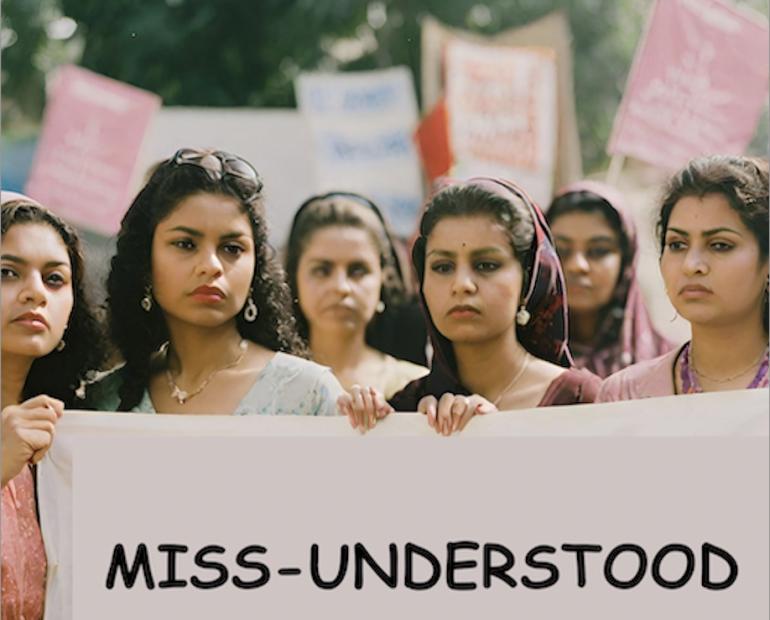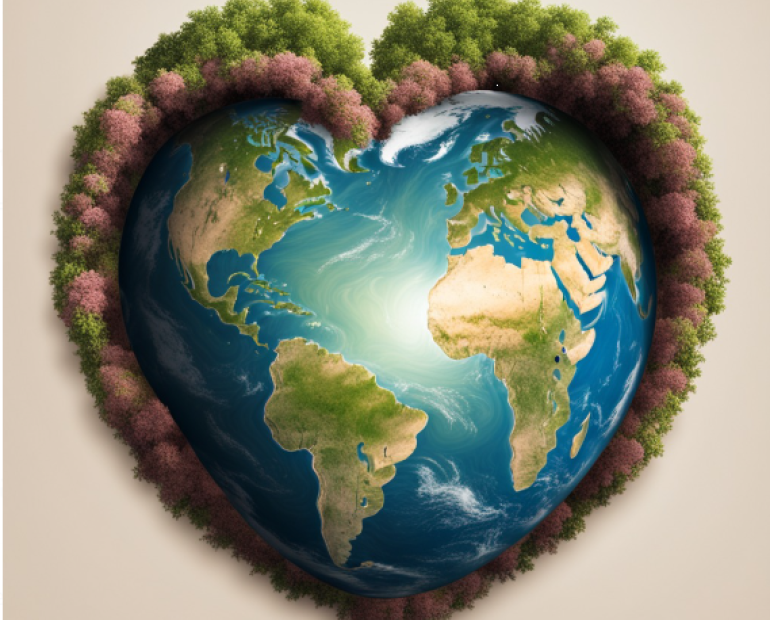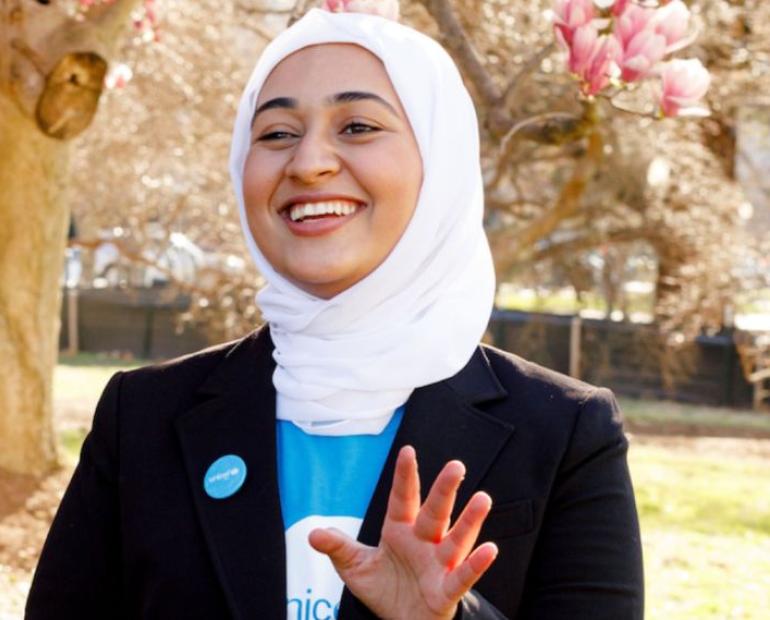
Before writing this article, I did not want to start with bad news or with figures that show how big of a problem the lack of access to healthcare is right now. I told myself that I wanted to start with a positive note, with what it could be and how bright the future can be if we work for it... But how can I share how important it is ensuring the protection of the right to health without pointing out the dire situation we are in?
400 million people don’t have access to basic healthcare in the world and 100 million people were pushed into extreme poverty in 2017 due to health expenses. The COVID-19 pandemic has made this situation even worse.
Hospitals were saturated, doctors were overwhelmed; in some countries, some people could not even afford pills to treat the fever, and some families were forced to abandon the corpses of their loved ones in the street. I know this is hard to read and it is even harder to try to imagine the pain that those people have gone through during the COVID-19 pandemic, but we have to. We have to be aware of how things are to understand the urgency of the situation.

I have to admit that, a year ago, I was not aware of this neither. I knew that having access to adequate health services was important, but I did not think that much about it. Luckily for me, I was born in a country, Spain, where access to quality health services is ensured for the whole population, so I took for granted what others consider a privilege.
It was not till September, when I got a volunteering project on childhood pneumonia, that I started to think more about it. “How was I so stupid?” I asked myself. Of course, I knew that in a lot of countries access to healthcare was not ensured, but I never imagined how terrible it can be being deprived from your right to health and how intertwined it was with other human rights, like education, work, or housing.
Maybe some of you feel the same. This crisis has hit us hard and it has made us realize not just how important the right to health is, but also how interconnected the world is. What happens in the other side of the world affects us, some way or another, and we cannot longer turn a blind eye to what it’s happening. We have to do something and the time is now.
I refuse to live in a world where access to healthcare is a privilege for millions of people, where your socio-economic status, your age, and even your gender determines whether you live or die.
I don’t want to live in a world where easily preventable and treatable illnesses kill millions of people every year because they cannot afford the treatment. Access to adequate health services is a human right, it is not a privilege. Do we live in a world where the lives of some people are worth more than others? I refuse to accept that.
During this pandemic, we have seen the best and the worst of humanity. We have seen countries and people behaving in a selfish way, not wanting to help each other; but we have also seen people doing everything they could to support each other, sharing words of encouragement through the windows, and starting initiatives to support the most vulnerable ones in their countries and communities. This gives me strength to reimagine a world where every life is worth the same and where access to healthcare and the right to health is ensure for every single person in the world.

Of course, dreams are just dreams unless we fight for them to become realities. This dream will only become real with the involvement of every actor. We cannot ensure the right to health without the cooperation of governments, international organizations, the private sector and the civil society. But more importantly, we cannot ensure the right to health without the participation of the youth. Young people are the ones that in the next decades will be taking over the lead in their countries, and will be the ones paying the price of today’s decisions. We must have a seat at the table.
I wanted to contribute. I wanted to do something to make this dream a reality and a couple of months ago I started “Generations for Health” with a group of youth.
This initiative wants to create a space for dialogue between the youth and world health leaders to find solutions to pressing challenges of global health, a space where the youth can raise their voices and where their opinions and views reach those who take the important decisions.
This won’t change the world alone, I’m aware of that, but it can be a beginning. Maybe I cannot ensure the right to health for everyone just by myself, but together not only we can reimagine the future of healthcare, we can make that dream a reality.






